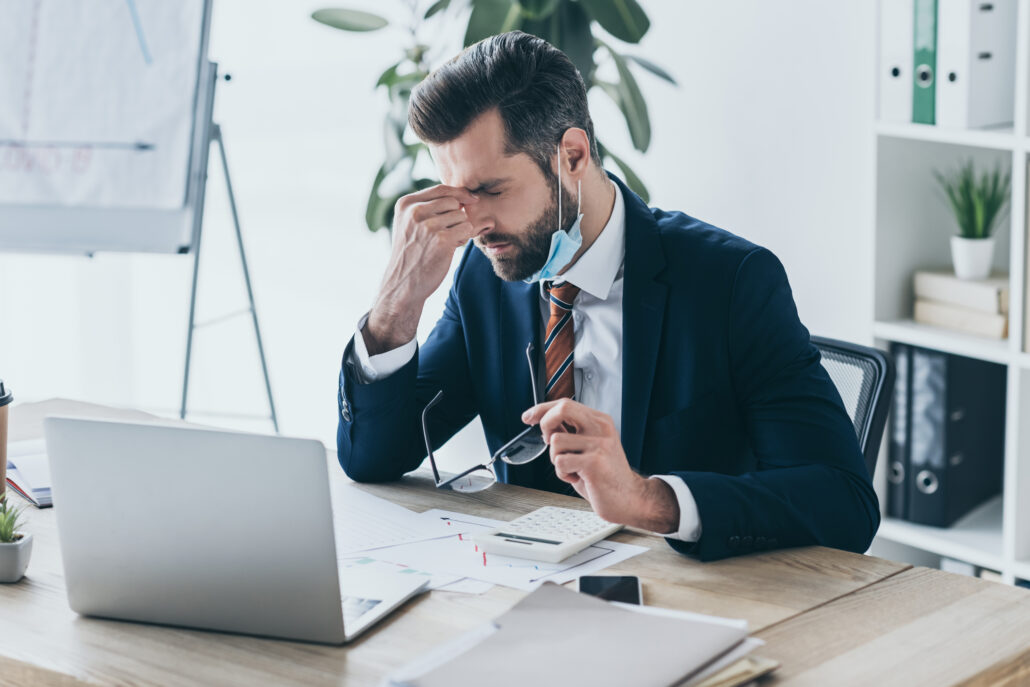
Stress is ubiquitous—it affects all of us in one way or another.
Low level stress that you can easily overcome is usually not bad for you. In fact, it can even be good for you. Stress can motivate you, improve your athletic performance, and help you adapt to your environment.
But long-term or excessive stress can have a profoundly negative effect on your health and even reduce your lifespan. Research shows that stress reduces testosterone levels, which may be one reason why stress is strongly linked with weight gain, poor sleep, and erectile dysfunction (ED).
Getting your stress under control is one of the most important ways to achieve a healthy, satisfying life. In this article, I’ll dive into exactly what stress is and what it is doing to your health, testosterone, and sex life. Then I’ll explain exactly how to beat it.
What is Stress
We throw the term around all the time, but what exactly is stress?
Stress is a feeling of psychological strain or pressure. It occurs from our own perception of an event or stressor as threatening or challenging to us.
To be clear, stress is not the actual events or stressors in your life. Your response to those stressors is what triggers your feeling of stress.
Psychologists sometimes classify stressors into four types (1):
- Ambient stressors, like noise in a cafe or traffic
- Hassles or micro stressors, like not being able to find your keys
- Major life events, like getting fired, getting married, or having a child
- Crises or catastrophes, like a natural disaster
These have different effects on your overall well-being, but even hassles or micro stressors, when they are constant, can create levels of stress that ultimately affect our health.

How Stress Affects Health
Stress has a massive physiological effect on our bodies. When we feel stress, our brain sends out a signal to our body and activates a “fight or flight” response. Our pupils dilate, our heart rate increases, and our body releases a number of hormones and chemicals to get us ready to react, such as adrenaline, endorphins, and cortisol.
This response is useful if we’re encountering a situation where we really do need to fight or get away. Athletes, soldiers in combat, or even firefighters benefit from this reaction to stressful situations.
But for most of us, this bodily response is unnecessary. And, when stress is chronic, occurring over a long period of time, these effects can be toxic and dangerous to our health. The amount of stress that you have, and your stress resiliency, can even predict how long you will live.
Risk of disease
One of the most worrying effects of stress on our health is its relationship to disease; research shows that chronic, severe stress vastly increases a person’s risk for several chronic health conditions.
For example, there’s significant evidence that stress increases the risk of cardiovascular diseases like heart attack, stroke, high blood pressure, and hypertension as well as diabetes and certain types of cancer (2, 3, 4).
Stress is also clearly associated with mental illness, including depression, schizophrenia, and anxiety (5, 6).
Immune Function
Stress has been found to reduce immune function (7). Research has demonstrated that stress can cause a person to be more susceptible to illnesses like colds (8). Scientists have suggested that stress can affect immune system function at the cellular level, changing the body’s chemical immune response. They’ve found that individuals that report more stress tend to have lower immunity and increased inflammation (7).
Poor lifestyle habits
The way that we cope with stress may also have an impact on our health. When individuals cope with stress by consuming excessive alcohol, smoking, or binge-eating, the result is poorer health. Stress can cause some people to engage in unhealthy habits as a way to cope with the psychological discomfort (9).
Stress can affect your genes
Epigenetics refers to a process whereby gene expression, or activity, is altered by the environment although the actual genetic sequence is not changed.
Researchers have found that stress can cause epigenetic changes resulting in negative health outcomes.
What does all this mean? It means that stress may be able to actually change how your genes are expressed such that you are predisposed to have worse health outcomes.
How Stress Affects Testosterone and Erectile Dysfunction
Stress has such a powerful effect on us in part because it’s psychological. It affects the hormonal balance in our body, but it also affects our mental health. Both of these things can impact sexual function and performance.
One of the ways that stress impacts sexual function is through testosterone.
What is testosterone?
Testosterone is often called the “male sex hormone”. It plays an important role in several bodily functions for men, including the initial development of the testes and prostate. In adults, testosterone has many surprising effects including being critical to the production of sperm and semen, healthy libido, and even muscular development.
Many men suffer from “low T”. What is low T? It’s a condition where a man’s body does not produce sufficient testosterone for optimal function.
Low testosterone can be caused by various lifestyle factors, including diet, exercise, and poor sleep. Age alone may also be a factor since the production of testosterone tends to decrease with age. Men over the age of 50 tend to experience a 1% decline in testosterone levels every year.
Some of the symptoms of low testosterone include:
- Erectile dysfunction
- Low fertility
- Loss of muscle mass
- Anxiety and depression
- Weight gain
- Low libido and sex drive
- Weaker bones
- Reduced energy
- Less body hair
- Foggy brain
Stress has been shown to directly affect testosterone levels. When you’re stressed, your body releases the stress hormone cortisol. And high cortisol levels crush your testosterone. Research has found a clear association between high cortisol levels and low levels of testosterone (13).
The lower testosterone levels caused by stress, in turn leads to low energy, weight gain, loss of mental focus, and loss of sexual function.
Stress Causes Erectile Dysfunction
Stress is one of the most common causes of ED (14).
Sexual function depends on the complex interaction between physiological and psychological factors. Stress affects both. It causes your body to produce less testosterone, which contributes to difficulty getting an erection. It can also affect the psychological processes associated with sexual arousal.
Finding ways to effectively cope with stress is an essential part of creating a healthy lifestyle, achieving optimal testosterone levels, and supporting a fulfilling sex life.
Reduce Stress to Improve your Health, Testosterone, and Sex Life
Great, we need to address stress for better health, more testosterone, and great sex.
But how?
Develop stress resiliency
This is one of the most important things that you can do to reduce stress: develop ways to cope effectively with stress and create stress resiliency.
Stress resiliency refers to your ability to respond to and cope with the stressors that you face in everyday life. Creating resilience to stress can help you experience it less often, for less time, and thus reduce the negative health effects.
To develop stress resiliency, try the following.
- Start to think of stress as an opportunity for growth. Ask yourself: What is the stressor? Why am I stressed about it? Where can I feel the stress in my body? What can I do right now to cope and calm myself down? What can I learn to grow from it?
- Develop healthy coping habits. These include exercise, meditation, breathing techniques, hobbies you enjoy, and even sex.
- Sleep! Sleep is critical for optimal health, but especially when it comes to stress resilience. Good quality sleep allows your body to heal and recover. And good quality sleep lowers cortisol.
- Get social support. Engaging with the important people in your life is one of the most effective ways to cope with stress. Even giving social support can improve your stress.
- Focus on eating good quality food. The foods you eat can directly promote or reduce inflammation in your body, and thus affect cortisol production.
Exercise
Exercise is one of the most effective ways to beat back stressors (15). Research shows that people who exercise consistently are better able to develop stress resilience and reduce the health consequence of stress (16).

Meditation
Research is increasingly finding the benefits of meditation on everything from cognitive health to physical energy levels. Meditation also turns out to be an effective way to cope with life stressors, even if you do it for just five to ten minutes a day.
The benefits of meditation include:
- Stress reduction
- Better sleep
- Feeling relaxed
- Better focus and attention
- More positive mood
- Reductions in depression and anxiety.
Solutions for Erectile Dysfunction and Low T
Do you think your stress is lowering your testosterone? Here are a few ways that you can increase your testosterone naturally.
Lose weight
Body fat and testosterone are connected. When guys have higher body fat levels, their bodies create and release less testosterone. And low testosterone causes your body to store more energy as fat. It’s a vicious cycle.
However, you can reverse it and turn it into a positive cycle. When you start to lose weight, you’ll find that your testosterone levels naturally increase. And, as the testosterone in your body increases, you’ll find it easier and easier to lose more weight (17). Losing weight will also help you to stop ED in its tracks.
If you are overweight, make this a priority: lose weight to naturally boost your testosterone. improve sexual function, and improve stress.
Exercise
It’s not only effective for coping with stress, but also for increasing testosterone. Numerous studies have found that guys that exercise more tend to have more testosterone.
The best exercise to boost testosterone is strength training and lifting weights. Studies have found that guys of all ages get a boost of T from weight training (18). Moderate cardio exercise is also great.
And for another added benefit, exercise is an effective way to prevent and help treat ED.
Testosterone replacement therapy (TRT)
Testosterone hormone therapy can be an effective treatment for some guys that suffer from low T. Testosterone therapy can be given topically, by subcutaneous or intramuscular injection, pellets, or more recently oral medication. Some of the benefits of TRT include (19):
- Improved energy
- Better sexual function and sex drive
- Increased endurance
- Enhanced ability to gain lean muscle mass
- Increased mood and energy
- Improved cognitive function
There can be risks of testosterone replacement therapy, so make sure you consult with a doctor specialized in men’s health and hormone therapy before deciding whether it could be right for you.
Precision Medicine
These recommendations will help the majority of men reduce stress and improve their health.
But everyone is different. Every man obviously has unique genetics, and thus responds to his environment differently. This is epigenetics.
Why should you care? There may be things that you should be doing to reduce stress and get healthy that wouldn’t work for other men. Whether it be
Precision medicine is a way to get a health plan tailored to your individual genetic makeup. If you’re suffering from stress, low T, or ED, look for solutions designed specifically for you and your genes.

Conclusion: Don’t Let Stress Get You Down
Everyone experiences stress. If stress becomes chronic, and you lose your ability to cope with it, stress can crush your health, leading to weight gain, low testosterone levels, poor energy, and increased risk of erectile dysfunction.
But when you have effective coping mechanisms and view stress as helpful not harmful, you can overcome it and rise to the occasion. Learning to beat stress will help you boost your immune system, lose weight, feel healthier, and enjoy the benefits of higher testosterone.
If you’re concerned about what stress may be doing to your health and testosterone levels, schedule a consultation to learn how to personalized health advice so you can live your life to the fullest.
 In Male 2.0™, Dr. Tracy Gapin has turned everything we once thought we knew about men’s health and performance upside down. The old model of how to be “a man” is broken. A man who works himself to death. Unfortunately, a man who tries to NOT get sick but isn’t really healthy either. And a man who takes a pill for every ill but is never really cured. That was Male 1.0. Now, imagine being THE MAN ─ owning your performance in the bedroom, the weight room, and the boardroom. Living a fully optimized life. Becoming limitless. This is Male 2.0!
In Male 2.0™, Dr. Tracy Gapin has turned everything we once thought we knew about men’s health and performance upside down. The old model of how to be “a man” is broken. A man who works himself to death. Unfortunately, a man who tries to NOT get sick but isn’t really healthy either. And a man who takes a pill for every ill but is never really cured. That was Male 1.0. Now, imagine being THE MAN ─ owning your performance in the bedroom, the weight room, and the boardroom. Living a fully optimized life. Becoming limitless. This is Male 2.0!
Tracy Gapin, MD, FACS is a board-certified Urologist, world renowned Men’s Health & Performance Expert, Author, and Professional Speaker. Using state-of-the-art biometric monitoring, nutrition and lifestyle intervention, Dr. Gapin coaches Fortune 500 executives and evolutionary leaders of business, sports medicine, and high performance. He specializes in cutting-edge precision medicine with an emphasis on epigenetics, providing men with a personalized path to optimizing health & performance. www.GapinInstitute.com
Want more tips to optimize your health? Listen to the latest podcasts. Click HERE
References
- Wheaton, B., & Montazer, S. (2010). Stressors, stress, and distress. A handbook for the study of mental health: Social contexts, theories, and systems, 171-199.
- Dimsdale, J. E. (2008). Psychological stress and cardiovascular disease. Journal of the American College of Cardiology, 51(13), 1237-1246.
- Harris, M. L., Oldmeadow, C., Hure, A., Luu, J., Loxton, D., & Attia, J. (2017). Stress increases the risk of type 2 diabetes onset in women: A 12-year longitudinal study using causal modelling. PloS one, 12(2), e0172126.
- Moreno-Smith, M., Lutgendorf, S. K., & Sood, A. K. (2010). Impact of stress on cancer metastasis. Future Oncology, 6(12), 1863-1881.
- Bartolomucci, A., & Leopardi, R. (2009). Stress and depression: preclinical research and clinical implications. PloS one, 4(1), e4265.
- Corcoran, C., Mujica-Parodi, L., Yale, S., Leitman, D., & Malaspina, D. (2002). Could stress cause psychosis in individuals vulnerable to schizophrenia?. CNS Spectrums, 7(1), 33.
- Segerstrom, S. C., & Miller, G. E. (2004). Psychological stress and the human immune system: A meta-analytic study of 30 years of inquiry. Psychological Bulletin, 130(4), 601.
- Cohen, S., Doyle, W. J., Skoner, D. P., Rabin, B. S., & Gwaltney, J. M. (1997). Social ties and susceptibility to the common cold. JAMA, 277(24), 1940-1944.
- Steptoe, A., Wardle, J., Pollard, T. M., Canaan, L., & Davies, G. J. (1996). Stress, social support and health-related behavior: a study of smoking, alcohol consumption and physical exercise. Journal of Psychosomatic Research, 41(2), 171-180.
- Mulligan, C. J. (2016). Early environments, stress, and the epigenetics of human health. Annual Review of Anthropology, 45, 233-249.
- Glad, C. A., Andersson-Assarsson, J. C., Berglund, P., Bergthorsdottir, R., Ragnarsson, O., & Johannsson, G. (2017). Reduced DNA methylation and psychopathology following endogenous hypercortisolism–a genome-wide study. Nature: Scientific Reports, 7, 44445.
- Wein, H. (2010). Stress Hormone Causes Epigenetic Changes. NIH Research Matters. https://www.nih.gov/news-events/nih-research-matters/stress-hormone-causes-epigenetic-changes
- Rubinow, D. R., Roca, C. A., Schmidt, P. J., Danaceau, M. A., Putnam, K., Cizza, G., … & Nieman, L. (2005). Testosterone suppression of CRH-stimulated cortisol in men. Neuropsychopharmacology, 30(10), 1906-1912.
- Rosen, R. C. (2001). Psychogenic erectile dysfunction: classification and management. Urologic Clinics of North America, 28(2), 269-278.
- Bond, D. S., Lyle, R. M., Tappe, M. K., Seehafer, R. S., & D’Zurilla, T. J. (2002). Moderate aerobic exercise, T’ai Chi, and social problem-solving ability in relation to psychological stress. International Journal of Stress Management, 9(4), 329-343.
- Hsu, Y. C., Tsai, S. F., Yu, L., Chuang, J. I., Wu, F. S., Jen, C. J., & Kuo, Y. M. (2016). Long-term moderate exercise accelerates the recovery of stress-evoked cardiovascular responses. Stress, 19(1), 125-132.
- Yassin, A. A., & Doros, G. (2013). Testosterone therapy in hypogonadal men results in sustained and clinically meaningful weight loss. Clinical Obesity, 3(3-4), 73-83.
- Craig, B. W., Brown, R., & Everhart, J. (1989). Effects of progressive resistance training on growth hormone and testosterone levels in young and elderly subjects. Mechanisms of Ageing and Development, 49(2), 159-169.
- Osterberg, E. C., Bernie, A. M., & Ramasamy, R. (2014). Risks of testosterone replacement therapy in men. Indian journal of urology: IJU: journal of the Urological Society of India, 30(1), 2.
**************************


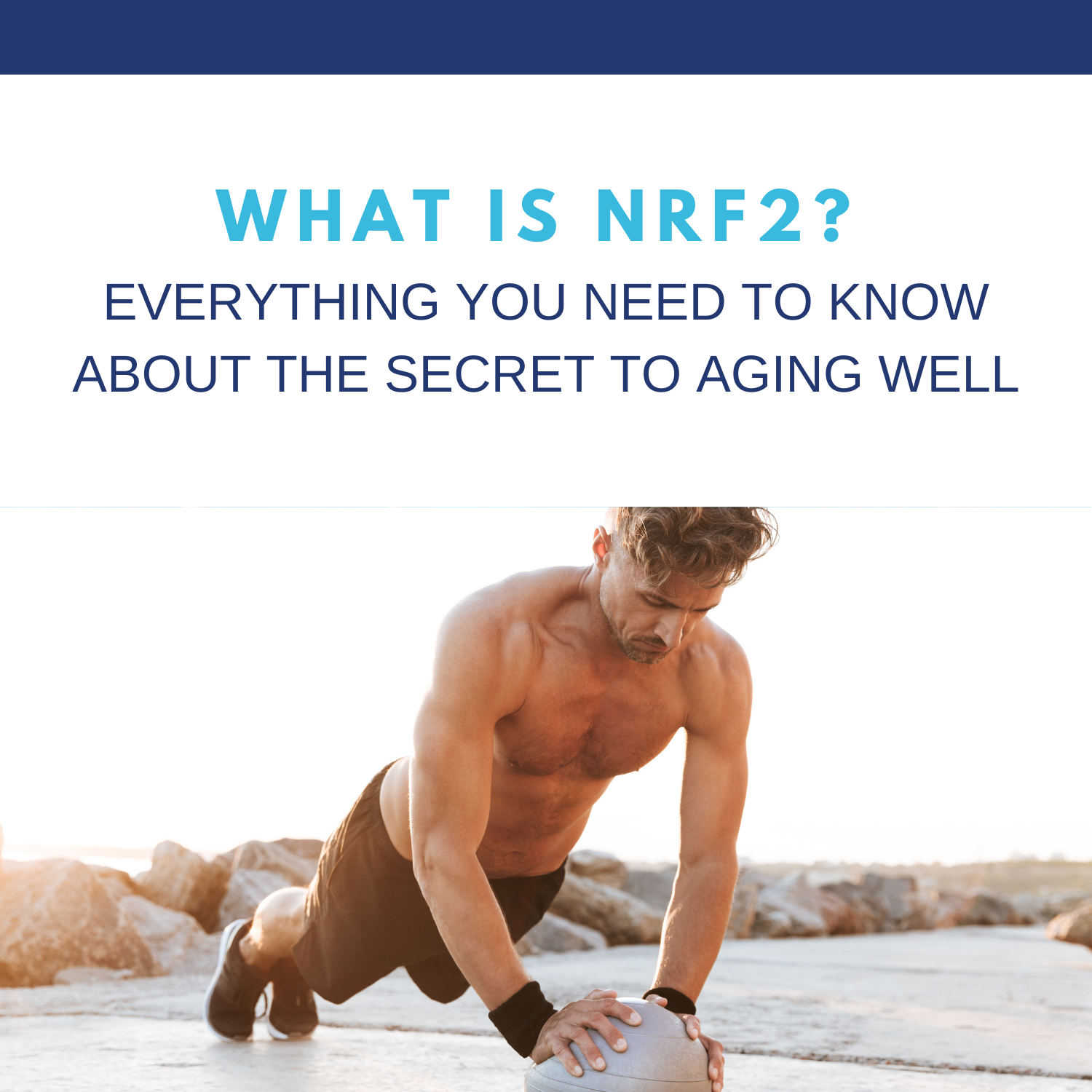

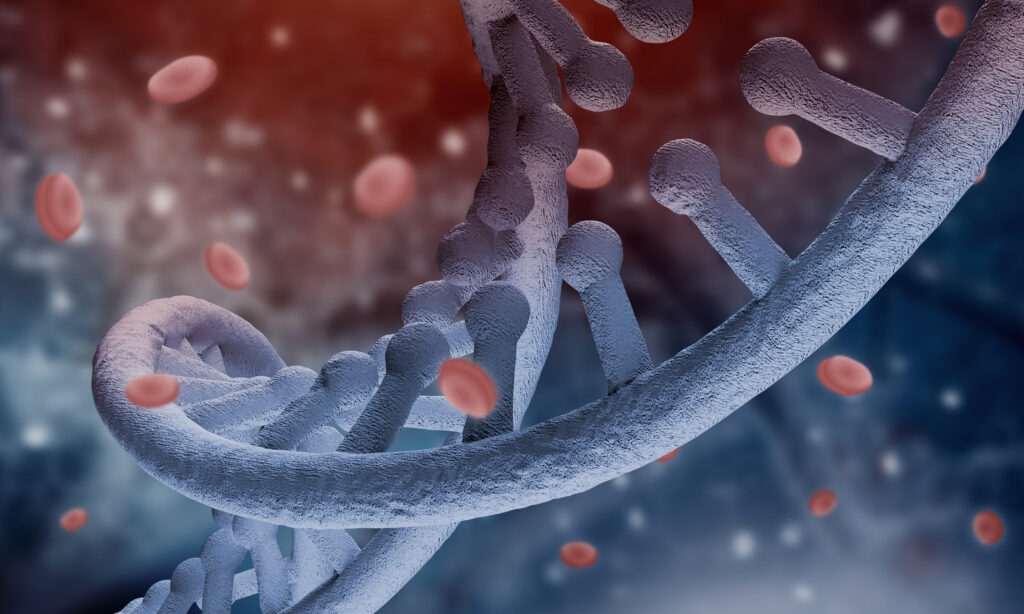



 In Male 2.0™, Dr. Tracy Gapin has turned everything we once thought we knew about men’s health and performance upside down. The old model of how to be “a man” is broken. A man who works himself to death. Unfortunately, a man who tries to NOT get sick but isn’t really healthy either. And a man who takes a pill for every ill but is never really cured. That was Male 1.0. Now, imagine being THE MAN ─ owning your performance in the bedroom, the weight room, and the boardroom. Living a fully optimized life. Becoming limitless. This is Male 2.0!
In Male 2.0™, Dr. Tracy Gapin has turned everything we once thought we knew about men’s health and performance upside down. The old model of how to be “a man” is broken. A man who works himself to death. Unfortunately, a man who tries to NOT get sick but isn’t really healthy either. And a man who takes a pill for every ill but is never really cured. That was Male 1.0. Now, imagine being THE MAN ─ owning your performance in the bedroom, the weight room, and the boardroom. Living a fully optimized life. Becoming limitless. This is Male 2.0!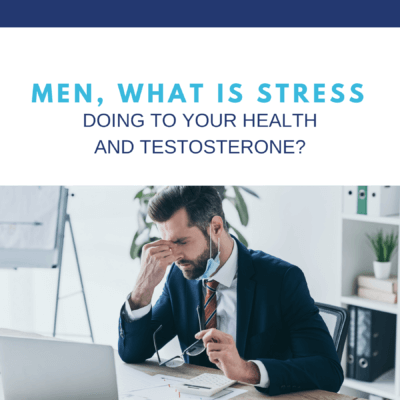




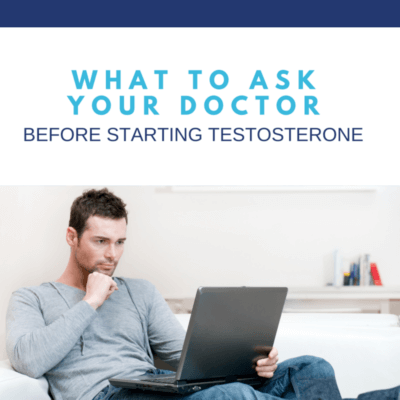

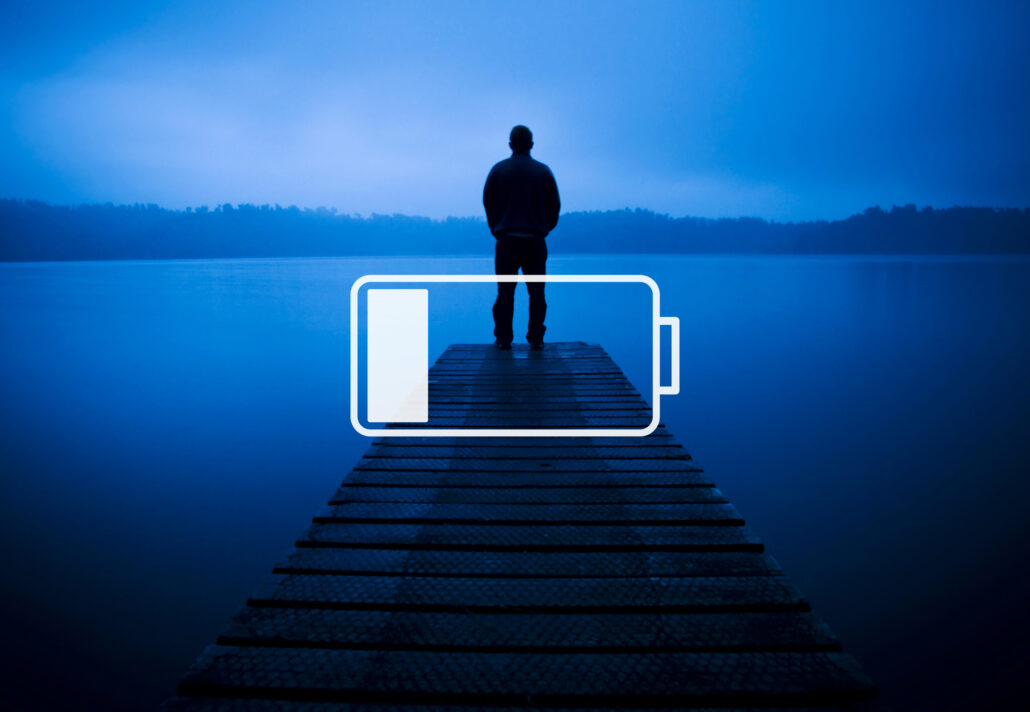
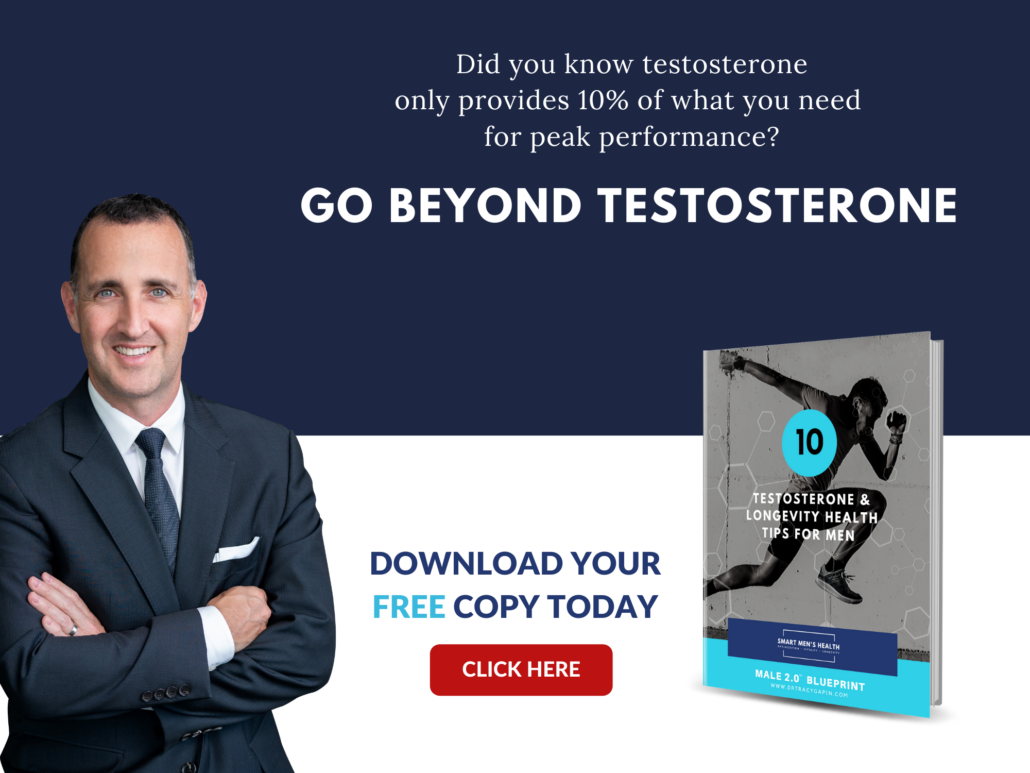


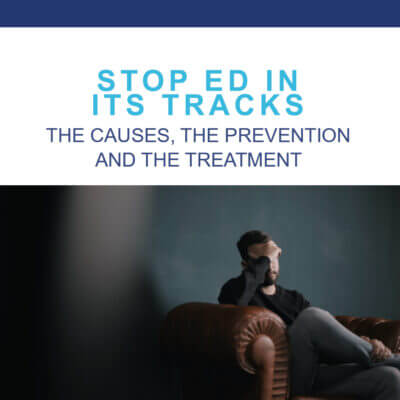





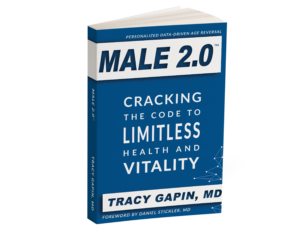 In
In